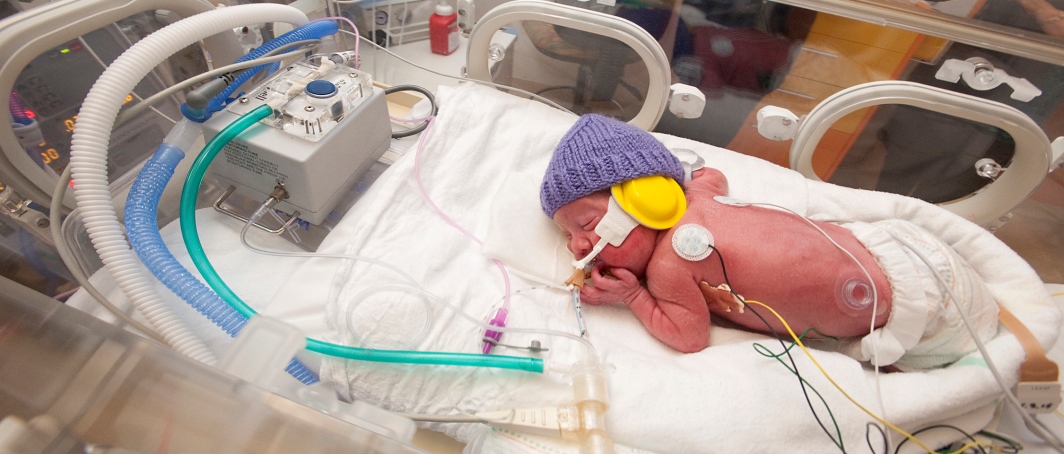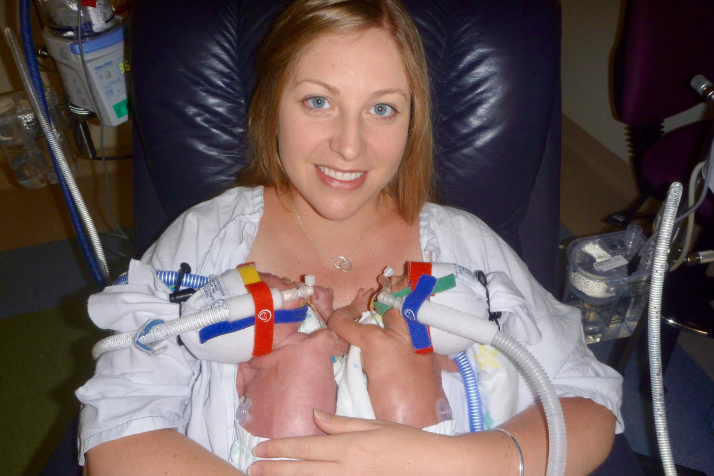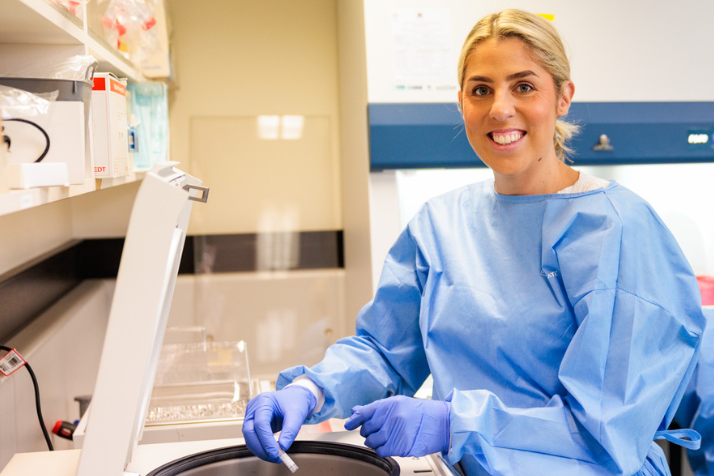Why our work is so important?
-
1 in 5
Women experience perinatal mental health disorders
-
10-15%
Of women experience postpartum depression after childbirth.
-
1 in 10
Women experience perinatal anxiety (during pregnancy and after childbirth)
-
10-15%
Of fathers also experience postnatal depression.
-
40-60%
of couples experience relationship strain due to maternal mental health issues
For mothers, untreated mental health issues can hinder bonding with their baby and lead to long-term health complications.
For fathers, the emotional toll of supporting a partner while adjusting to new parenthood can impact their ability to engage with their baby and provide support. Addressing mental health for both parents is vital to ensuring the health and stability of the entire family, fostering positive relationships and enhancing the early development of their child
Did you know?
That 1 in 5 women experience perinatal mental health disorders, including depression and anxiety, during pregnancy or in the first year after childbirth? Around 10–15% of women experience postpartum depression, with higher rates among those from disadvantaged backgrounds or with a history of mental health issues. Additionally, up to 1 in 10 women experience perinatal anxiety, often alongside depression. Mental health challenges are not limited to mothers—10–15% of fathers also experience postnatal depression, with some studies reporting rates as high as 25% among fathers whose partners face mental health challenges. These untreated maternal mental health issues can significantly impact child development, increasing the risk of emotional, cognitive, and behavioural problems. Moreover, 40–60% of couples experience substantial strain on their relationship due to the pressures associated with maternal mental health. WIRF is dedicated to advancing mental health research, with a strong focus on maternal, paternal, and infant well-being.


Mental health projects

Enable us to fund innovative research and vital support services
What’s new at WIRF
Stay up to date on our latest research breakthroughs, community initiatives, events and ways to get involved.

From micropreemies to thriving seven-year-olds: Katrina’s journey with Olivia and Kyle
Katrina’s pregnancy with her twins, Olivia and Kyle, was progressing smoothly. Her 20-week scan showed everything was on track, and her next appointment also brought reassuring news. However, at just 23 weeks and three days, Katrina felt something was wrong.
Read more
Local volunteers contribute over 40,000 hours to support women and babies
In celebration of National Volunteer Week, WIRF has recognised the extraordinary dedication of its volunteer community, who have donated more than 40,000 hours in support of women, babies, and families across Western Australia.
Read more
